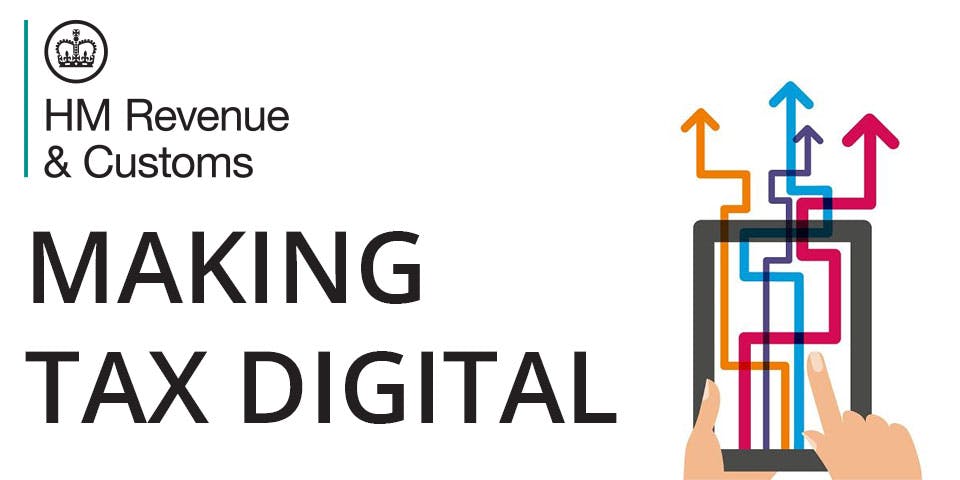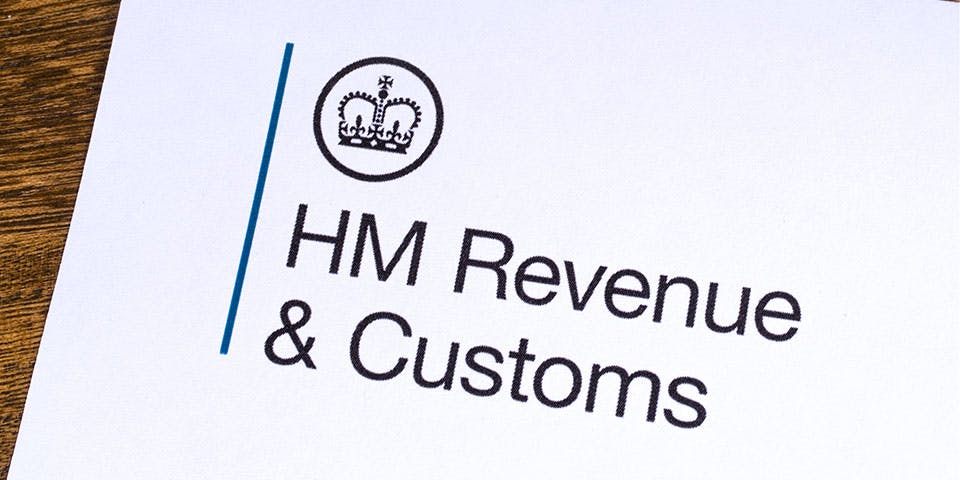31 July, 2019
Three key steps to setting up your business
So the time has come: you’ve spent weeks, months even, poring over ideas and concepts for your own business. Your idea is clear in your mind, you’re ready to get this bad-boy up and running and cast off the shackles of the 9-5 working week - but there’s just one problem. You don’t quite know how to start.
It might look like a complicated or even intimidating process from the outside, but starting your own business is really quite simple when you know what to do. With that mind, we’re here to tell you three key steps you’ll need to take to turn your business idea into a reality.
Choose your legal structure
Choosing your legal structure should be your first port of call once you’ve got your idea in place. The difference between sole trader status and limited company status isn’t an artificial one, after all - your legal structure will have an effect on your tax obligations, and possibly even your company’s reputation in the eyes of potential clients.
We’ve written extensively on the difference between sole traders and limited companies, and it’s important to get a firm handle on them both before making your decision. Remember, it’s about picking the right company structure for you and your business - some are better off as sole traders, some as limited companies.
If you decide to set up a limited company, we’ve got a special link for Hoxton Mix clients where you can set up your limited company for just £10. If you purchase a Virtual Office plan The Hoxton Mix will give you a £10 promo credit to get you started.
No matter which legal structure you choose, Crunch can support your new business from concept to world domination for a competitive, fixed monthly fee.
Register for taxes and statutory filings
This next step will depend on whether you chose to become a limited company or a sole trader. As a limited company, you’ll need to register your business with both HMRC and Companies House. As a sole trader, you’ll only have to register with HMRC.
Whichever structure you choose, you need to register your business to make sure you’re able to pay all of your tax obligations, such as your annual Self Assessment, business expenses, income tax, National Insurance contributions and VAT.
Generally speaking, a sole trader will enjoy lower administrative fees and less administration and filing than a limited company, but this simplicity can come with the burden of more tax to pay.You need to understand both options before you decide what’s right for your business.
Keep on top of your expenses, bookkeeping and invoicing
This one could take many different forms, depending on your approach. Keeping receipts and notes in a ratty shoebox to drop on your accountant’s desk once a year is a little outdated by modern standards, however, and we’d always recommend you look at online accounting instead - especially with the government’s new Making Tax Digital scheme now in force.
Online accounting software (such as Crunch) is the simplest way to keep on top of your receipts and keep track of your expenses and invoices. You’ll be able to get a real-time view of your finances, file expenses on the go just by taking a picture of your receipts, and record your invoices with a few simple clicks.
The danger with trying to juggle these responsibilities without professional help, or a technical solution to managing and storing your bookkeeping records, is that even small errors can land you in hot water with HMRC.
There are a host of other areas you’ll need to consider when you start your own business, such as how to promote your business, find clients, and get paid. You can check out some of these considerations in our “How to start a business in six easy steps” business guide, which you can download as a PDF and read whenever you’d like.
Hand-picked related articles
Our meeting rooms are located at our Paul Street office,
and it’s just a few minutes walk from Old Street tube station…
Our Address
3rd Floor, 86-90 Paul Street,London,EC2A 4NEDirections
Opening hours
Monday - Friday 9am - 18.00pm




![How to Use Virtual Office Address for Bank Account [Newbies Guide]](https://images.prismic.io/hoxton-mix/YzNlMTkzYmEtM2E2MC00NmNhLThmZTAtMWY5NTEwMWZjZDlm_d6afc69e-5624-4e25-ac84-7e0cf257ec38_how-to-use-virtual-office-address-for-bank-account-5bnewbies-guide5d.jpg?auto=compress%25format&rect=120%250%25720%25480&w=960&h=640)



